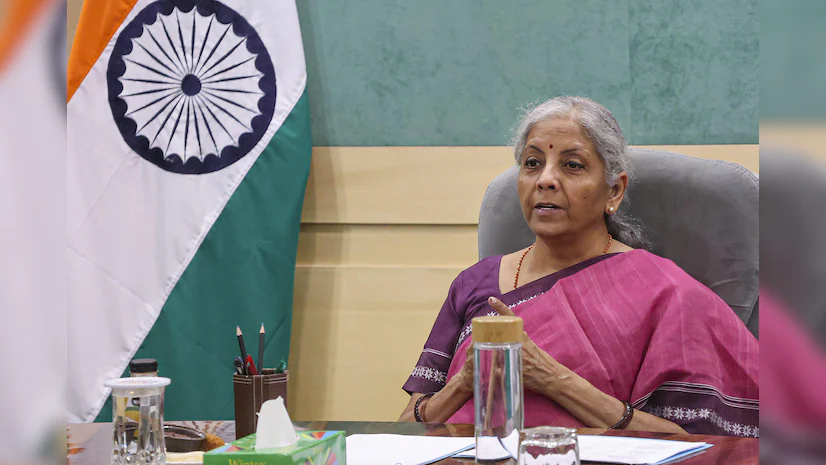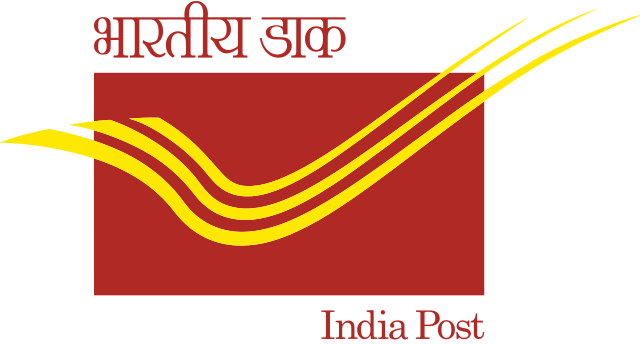India’s development journey is tied to its aspirations towards the year 2047. As it advances further, Finance Minister Nirmala Sitharaman will present her seventh budget on July 23, 2024, which will become the full budget for the Modi 3.0 government.
Introduction: Setting the Stage for Budget 3.0
This event was led up by careful consideration and consultation of various stakeholders, the top industry leaders, and those representing the social sector that Sitharaman has conducted for the last several weeks. This will help shape the Union Budget for FY25—a document demarcating how the Centre proposes to manage its finances between April 1, 2024, and March 31, 2025.
The FY25 budget is a roadmap or plan for how the government will spend and earn money from April 1, 2024, to March 31, 2025. It includes things like taxes the government will collect and spend on schools, roads, education, infrastructural development, health, and so on. It is not about financial allocations but more in terms of the priorities and vision that a government carries concerning economic growth and social welfare.
Main Points: Consultation Inputs and Expectations
A lot of anticipation was made last month by the people and President Droupadi Murmu, regarding the economic decisions concerning the upcoming budget session.
President Droupadi Murmu in the first joint sitting since the constitution of the 18th Lok Sabha, emphasized the role of the upcoming Budget, saying it is not only going to take a call on economic policy formulation but will also be the lead-up to historic and transformational decisions.
Over the last several weeks, the Minister of Finance has been actively consulting with experts, officials, and stakeholders to seek inputs and suggestions for the FY25 Budget.
From June 19 to July 5, 2024, these consultative processes were held under one platform that covered the involvement of over 120 participants from various interests represented by farmer associations, trade unions, educational institutions, healthcare providers, and industry bodies.
Chaired by Finance Minister Sitharaman, the considerations have been achieved with participation from Minister of State for Finance Pankaj Chaudhary, Finance Secretary T V Somanathan, Economic Affairs Secretary Ajay Seth, and senior leaders of various ministries and departments. They deliberated on vital fiscal policy and economic reforms apart from sector-specific challenges and opportunities toward growth at large.
In these consolations, Sitharaman expressed her gratitude to every participant for their invaluable input and assured them that all the suggestions they gave would be analyzed and considered by them during the formulation process of the budget. This is being done so that the FY25 Budget caters to the varied needs of the economy on the principles of broad-based and sustainable development through all sectors.
As India is about to embark further on the course of its developmental journey, FY25 is proving to be an extremely disparate and convincing declaration of intent for the government, leading the economy toward resilience, growth, and prosperity. It presents an opportunity for bold initiatives through driving innovation in an enabling environment for private sector participation and socio-economic advancement.




